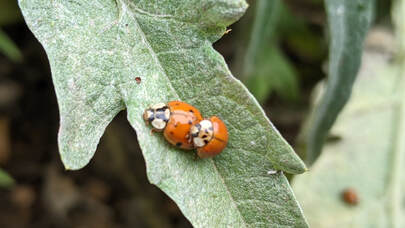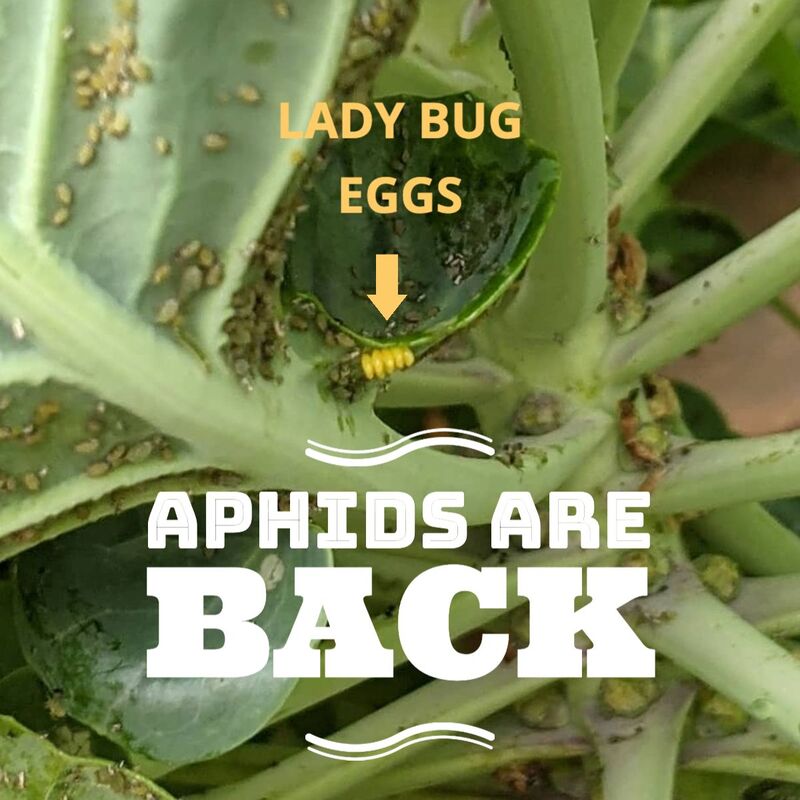 Lady bugs mating on cardoons Lady bugs mating on cardoons The wonderful staff at Zilker Botanical Garden covered our beds with frost covering before the winter storm and most plants bounced right back. The cardoons were mildly damaged by the storm and they are also attracting aphids. We couldn’t help but notice it had turned into a playground for the lady bug beetles, hover-flies, lacewings and other pollinators. They were also all over our bolting cilantro and mustards in our winter cover crop. These beneficial insects are a natural solution to aphids. It's reported that a ladybugs and lacewings will eat some 50 aphids a day. If you're lucky enough to have these insects in your garden, their larvae will eat their weight in aphids each day. Here are a few tips on helping control aphids organically and how to attract beneficial aphid loving insects.
Let us know any tricks and tips you use in the comment section. |
AuthorWrite something about yourself. No need to be fancy, just an overview. Archives
May 2024
Categories |

 RSS Feed
RSS Feed